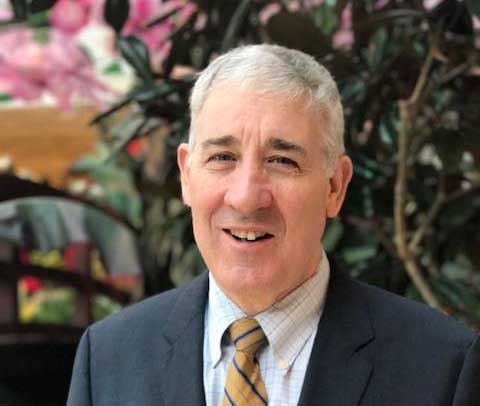Like many areas of health, surgery has been significantly impacted by the pandemic. With elective procedures paused at various times, the Agency for Clinical Innovation’s Surgical Services Taskforce supported clinicians throughout this period of uncertainty; and continued to work on strategies to enhance NSW’s surgical services.
The Surgical Services Taskforce (SST) was established in 2004 to improve access to elective surgery within the NSW Health system, including:
- developing strategies and resources that help ensure surgical services are high-quality, patient-centred and accessible
- providing oversight and support to implement these strategies and quality-improvement initiatives
- monitoring service performance.
Since 2020, this work has also included supporting surgical services, staff and patients impacted by COVID-19.
The Taskforce brings together clinicians from a range of surgical specialties, surgery program directors from NSW local health districts and specialty health networks, and experts from the ACI, NSW Ministry of Health, Clinical Excellence Commission (CEC), Cancer Institute NSW and NSW branch of the Royal Australasian College of Surgeons (RACS).
A collaborative approach
“The COVID-19 pandemic has dominated our activities over the last two years,” explains Professor Arthur Richardson, Chair of the SST and a hepatobiliary, pancreatic and upper gastro-intestinal surgeon.
“The Surgery COVID-19 Community of Practice, clinical guidance and protocols we developed in collaboration with the CEC and the NSW Ministry of Health have been instrumental in keeping essential surgery functioning; and keeping healthcare workers safe.”

It’s been wonderful to demonstrate that the best results come from involving highly competent professionals who can be more effective in making change as a team, rather than as individuals.
So how does the SST engage clinicians and foster this collaborative approach? “An open, transparent, and collaborative approach is central to fostering collaboration,” says Professor Richardson. “It is important to recognise the importance of a multi-disciplinary approach to healthcare; and recognise that healthcare is constantly changing.
“It is important that all members feel valued, respected and included to support engagement. Everyone needs to know that they have a voice.
“As chair of the taskforce, it is important that I listen to our members and anyone who has questions or suggestions about how surgery functions in the NSW public hospital system.”
Key focus areas for the taskforce
“Our 34-member taskforce has developed priorities and a set of projects and improvements that will be delivered over the next one to two years,” explains Professor Richardson.
“The taskforce is focused on delivering projects as part of the NSW Health Elective Surgery Action Plan. This includes supporting three sites offering Enhanced Recovery After Surgery (ERAS), which focuses on early recovery after surgical procedures by maintaining pre-operative organ function and reducing the profound stress response following surgery.
“We will also examine high-volume, short-stay models of care, value-based care for surgical procedures and the implementation of new emergency surgery guidelines.
“Other important projects the taskforce is working on include identifying areas of low-value care and protocols to eliminate non-beneficial surgery; and continuing to support the National Surgical Quality Improvement Program.
Overall, it is helpful for the system if potential problems can be identified and addressed pro-actively. Being flexible with our taskforce priorities helps us do this, so we can continue to improve what is already a remarkable and world class surgical service.”
Learn more in this issue Clinician Connect about how surgeons are evolving to ensure surgery can achieve the best outcomes and taking a value-based approach to surgical care.
Professor Richardson's tips on leading an effective clinical taskforce
- Assemble a group of motivated, talented healthcare workers who wish to contribute to improving our healthcare system.
- Meetings need to be concise and not too frequent, as much of the work can be done out of session.
- The move to working in a virtual environment has led to huge improvements, but some issues are still best dealt with in-person.
- Allocating specific tasks according to interest or expertise helps get the work done.